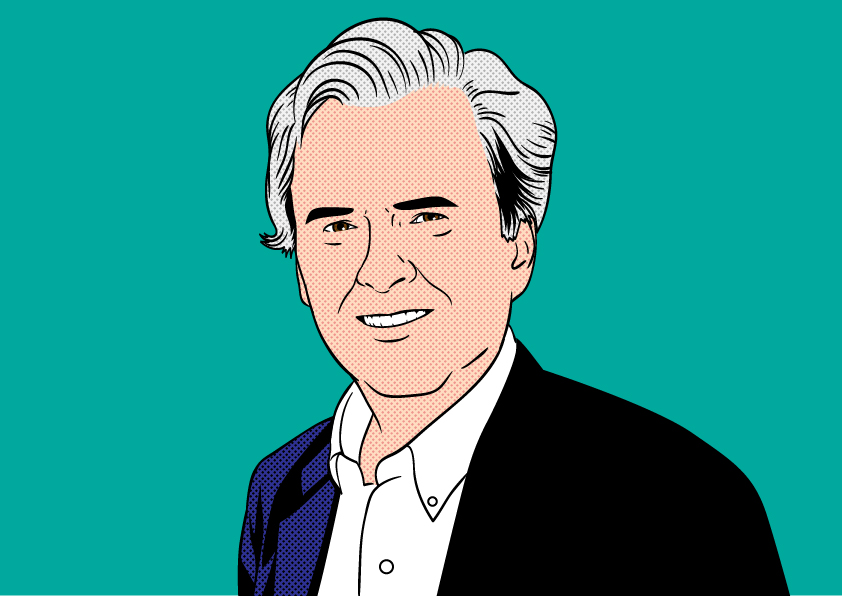Boycott This: Travel in 2021, Delta, Atlanta, and Coke

by Robert McGarvey
Coca-Cola, Delta Air, Major League Baseball, Atlanta, the list of boycott targets keeps growing as sides are taken and lines are drawn in the debates over voting legislation in Georgia but not only because there is similar legislation in Arizona and more states.
In Texas, for instance, both American Airlines and Dell have spoken out against proposed legislation that many believe will suppress voting in that state. Both companies are likely to figure in boycott lists too and, yes, I am pleased that I recently bought a Dell computer, the first I have ever bought from that company.
Now travel in particular has become politicized.
Understand this: I am strongly opposed to attempts to limit voting and yet I am okay with consumer boycotts. I still remember going years without a leaf of iceberg lettuce entering my mouth, or a grape, in response to Cesar Chavez’ Salad Bowl boycott, which lasted from 1970 to roughly 1978.
Personally I am on record stating I would decline to stay in or even attend an event at a Trump managed property. That’s a kind of boycott and I am not alone. Most experts believe Trump’s hotels are in woeful shape financially
Our system is one where boycotts, often based on political differences, have a long history. Do they work? That’s a surprisingly difficult question to answer. The Freakonomics folks explored it in a long podcast (here’s the transcript). Some experts flatly proclaim boycotts don’t work, witness UCLA prof Ivo Welch in the Freakonomics podcast: “Boycotts almost surely will never work.”
A case in point is the 2003 invasion of Iraq by the US and the refusal of France to support that effort. Across the US anti-French activities and boycotts flourished. French fries even were (briefly) renamed freedom fries and many swore to boycott French wine. Did the boycott work? According to Freakonomics, “According to three economists who later analyzed the data: ‘we show that there actually was no boycott effect.’ So why is there often no boycott effect? One reason may be that boycotts get a lot of attention — they’re a good, easy, spicy story for journalists to cover — which gives the impression that the outrage is larger than it really is.”
Another reason is that many proclaimed boycotters are all mouth no follow through. They insist – loudly – that they won’t swill French hooch but many never drank wine anyway and others who do like a tipple apparently continued to drink French wine, just on the QT and in the privacy of their homes. And maybe they even drove to the next town to stock up on Burgundy so they wouldn’t bump into a neighbor while navigating the aisles at Total Wine with a cart stuffed with French imports.
Even with the Salad Bowl strike it is hard to declare Chavez and the United Farm Workers the clearcut winner. That was a long, brutal labor action with much pain on all sides and, you know what, I grew not to miss iceberg lettuce, which I still rarely eat, and I never had much interest in table grapes anyway. I hope what I did benefitted the farm workers but I am not sure it did.
Even so, stiffen your backbones, you Delta bashers and MLB boycotters. Much as I think your crusade is doomed (and thankfully so), part of me wants you to stick with it because it will make my travel so much easier.
It certainly is the right of Trumpers to decline to fly Delta and I hope they stick with that resolve so I will know which carrier I will prefer. Note: it’s that ying and yang that unravels the impact of many boycotts. For each who swears never to fly Delta or drink a Coke, there I am swearing to fly Delta and at least thinking about buying a few liters of Diet Coke, which has long been my drink of choice in the sky. It’s more so now.
Maybe I’ll fly to Atlanta to catch a baseball game. Last time I was in that town overnight it was to catch a Queen concert. But now I am thinking Atlanta seems a mighty fine destination.
Buckle up, the ride is just now entering turbulence.
Boycotts for me are when I don’t want to do business with a company. I try to ensure that it costs them at least a thousand dollars in business for each dollar that has involved in whatever annoyed me. For example, when a Residence Inn insisted to charge me “long distance” for accessing what was supposed to have been a “free” access number for Sprint Long Distance, it cost Marriott at least $30-40 K in business. This was over a $6 phone charge. Years later, I found out that the “phone estimator” software they used was wrong, but they should have known what the number was.